Lauren Hasson on Holding Your Own Space and Standing in Your Value
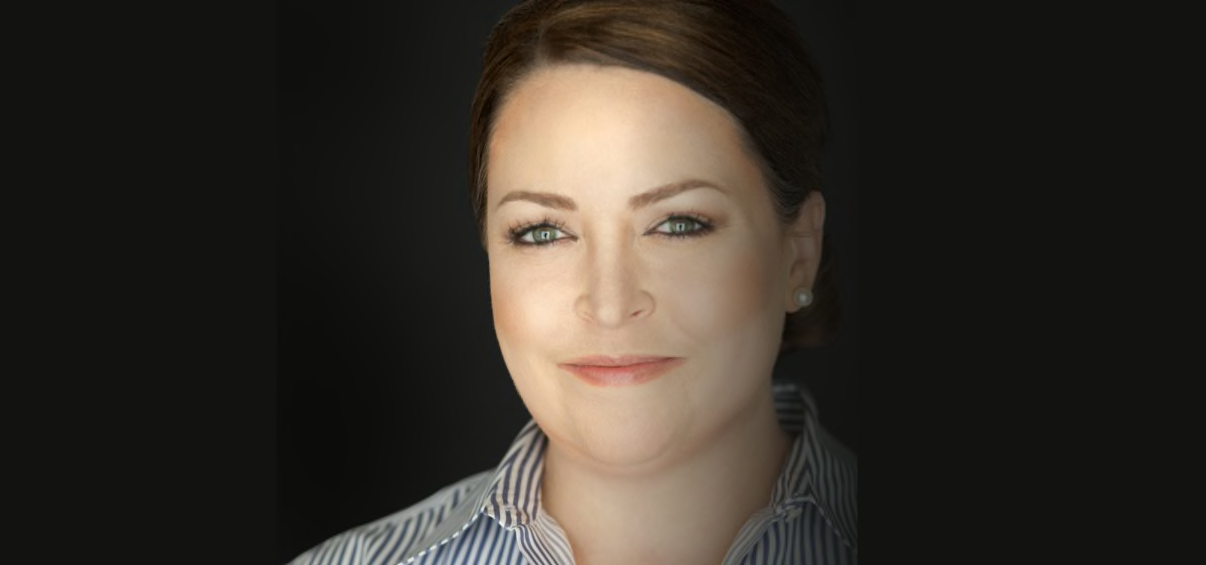
After an early interest in STEM subjects led her down the path of computer science, Lauren Hasson found herself pursuing larger and larger aspirations. Now, she is the Founder of DevelopHer, an award-winning career development platform that provides women in tech with the knowledge, skills, and confidence to overcome the field’s gender gap in leadership, opportunity, and pay – for good. Lauren also works on the frontlines of tech as a Director of Engineering at a top Silicon Valley payments company. We sat down with Lauren for the #WomenWhoMaster series to glean insights from her life, her work, and her commitment to uplift the next generation of women in her field.
Q: Could you tell us a little about your personal background? Were you always interested in computers and software engineering?
I wasn’t into computers, but from an early age I was really good at math and science. Those subjects just came naturally to me. One of the earliest after-school programs I participated in was a rocket launching program. When I reached high school, on the advice of some trusted friends, my parents steered me toward computer science for my one elective class, and that’s when I was first exposed to programming. My parents’ notion was that even if I didn’t become a software engineer, I would at least be able to talk with those types of workers fluently.
Q: What was the computer science class like? Was it intimidating?
I think I was one of only two girls in the entire class — the rest of the students were junior and senior guys who programmed for fun. The whole thing was completely foreign to me, and my parents didn’t have a background in the subject themselves, so I was fending for myself. So yes, it was intimidating in that respect. But I picked things up and got a really good foundation in a procedural programming language called Turbo Pascal, which set the stage for everything to come.
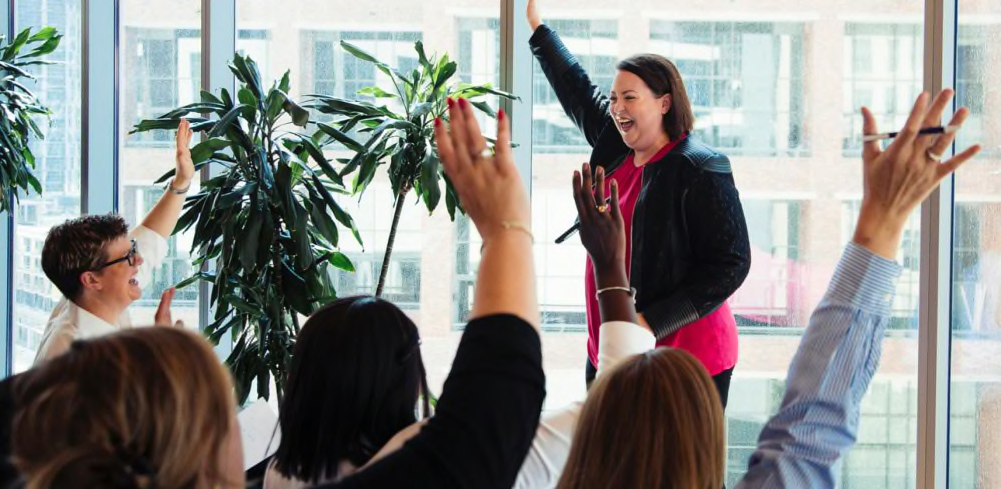
Q: It’s great that your parents were so supportive of you pursuing computer science at a young age.
[Laughing] I’m not sure whether I would say “supportive” or “coercive,” but even though I felt upset about it at the time, to say the least, this turned out to be one of the best decisions my parents ever made for me.
Q: Let’s fast forward to your college years and early career, at which point you were building on that high school programming foundation. Did you have a professor who was especially helpful, or a mentor who supported you while you were finding your way?
Nope. Throughout my education and career, I never really had a mentor. I had to be my own cheerleader and mentor, and that taught me that I have the power to direct my own path. It would have been nice if there was someone there to open doors or dispense sage career advice for me, but that person never came along. What I’ve realized over the years is that the resources we are looking for often lie within us.
"I’ve learned that having other women in the room is not a prerequisite for women’s success. You can still hold your own space and get things done."
Q: Would you say that experience is a big part of why you started DevelopHer? Could you take us through the beginnings of that platform?
Yes, not only because I wanted to show the way for other women, but because, again, I wanted to help women understand that in many cases they already have what they need to succeed.
As for how the platform came about, in the very beginning I was just planning to interview women executives in technical departments — VPs of engineering, CTOs, CISOs, those sorts of roles — for a podcast, and to release their stories to the world in the hope of inspiring others. The same week that the podcast launched, I was contacted by a prominent women in tech summit that was interested in me speaking over their summit lunch. I told them my story, one thing led to another, and the next thing I knew I was giving the opening keynote at the summit instead! That’s when everything took off.
Soon after that, I developed my first offering, which was an equal pay salary negotiation program designed to arm women with data and protect them from being underpaid relative to their male peers.
Q: Amazing! And now, all these years later, with a commanding view of your field, is there anything you can say you wish was more common in the world of STEM or software engineering in particular?
I wish it were more common that people would talk about their fears and insecurities about imposter syndrome. Behind closed doors, people will talk about how they initially panicked when they got a challenging or high-profile assignment. When people in the industry project confidence publicly, women especially perceive them as having their acts together and never experiencing similar fears. And that's just not true. I've had conversations about imposter syndrome with men and women alike. It’s important for women to understand that they’re not alone in feeling out of place.
"The way you get through that discomfort is by understanding the value that you bring to the table, appreciating your unique value proposition, and standing in that value."
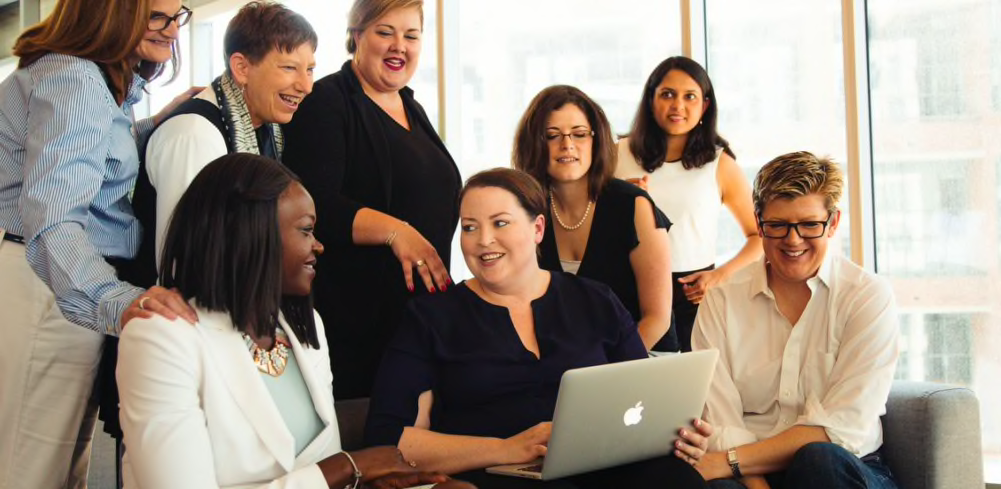
Connect with Lauren on LinkedIn, and Twitter. To learn more about DevelopHer, visit the website.
Women Who Master puts a spotlight on women who have made outstanding contributions to STEM fields. The goal of the series is to celebrate those contributions, inspire future leaders, and help close the gender gap in technology.
#WOMENWHOMASTER
MEET THE MASTERS AT THE FOREFRONT OF STEM
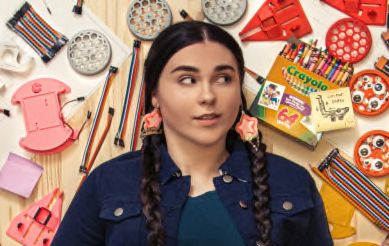
Danielle Boyer
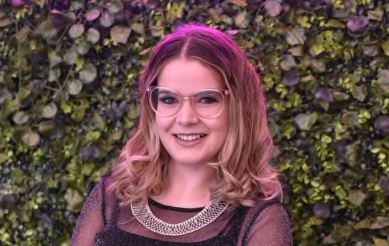
Kate Kirwin
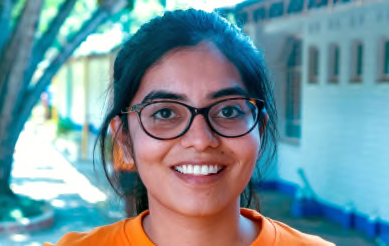
Kavya Krishna

CODECADEMY AND LOGITECH
Partnering to inspire the builders of tomorrow, MX Series and Codecademy give you the tools needed to build, scale, and code to your fullest potential. Learn essential coding, programming, and AI skills to reimagine the future of tech with one free month of Codecademy Pro.

Women Who Master
Logitech MX is committed to spotlighting and supporting impactful initiatives and individuals that are disrupting the industry worldwide, to inspire girls and women to pursue a career or continue thriving in STEM.
With #WomenWhoMaster, our mission is to ignite an industry-wide movement that addresses the gender gap and unequal access to opportunities in tech and IT, once and for all.
